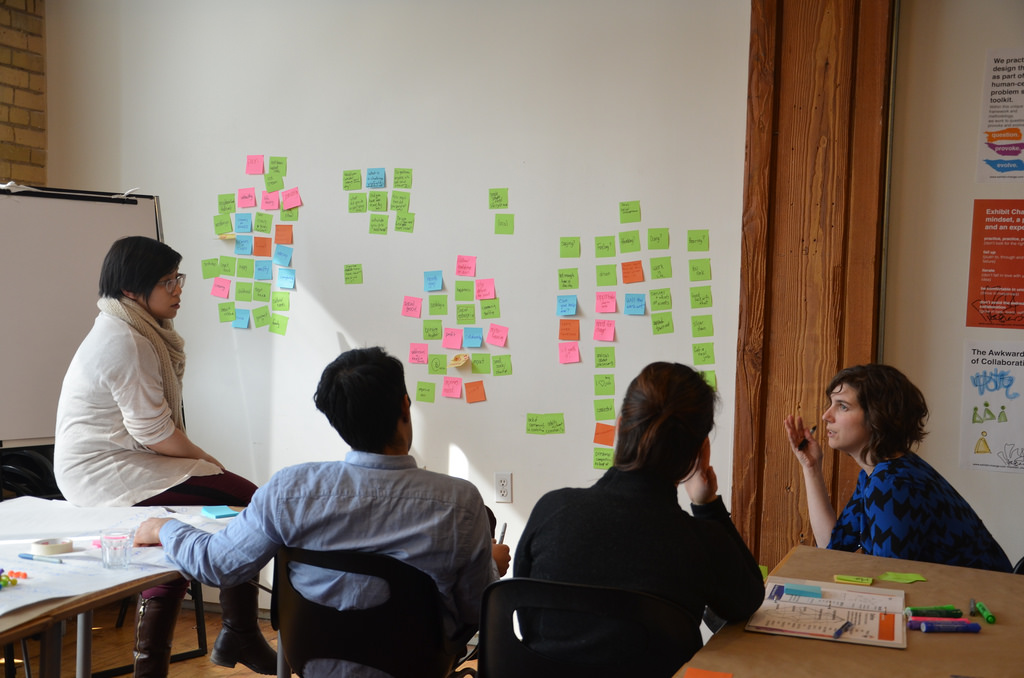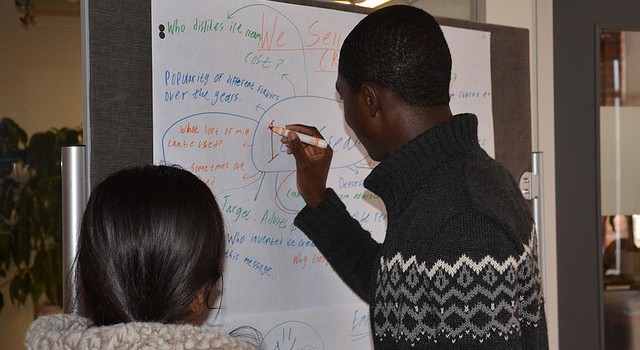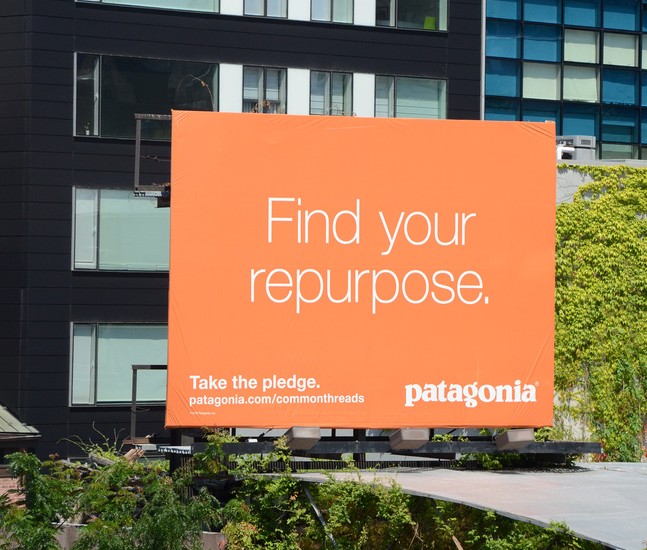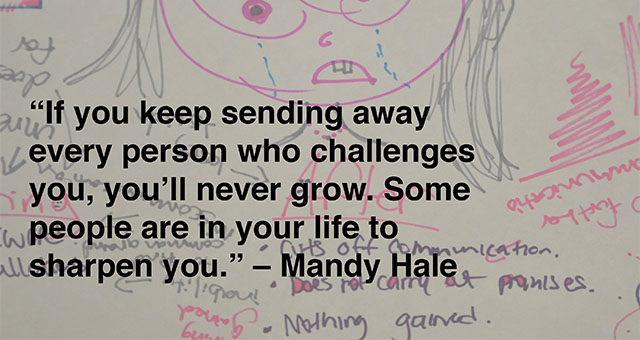Happy Birthday to us!
5 years ago today, I had the bright idea of making a company called Exhibit Change. It was my way of bringing together design and community and being able to work at this intersection ever since has been supremely amazing!
Over the last 5 years, I have learned a thing or two and I thought I would share:
1. Collaboration is hard – it is no question that we can get more done with others than we can alone, we all know this. And there is a beautiful harmony to getting into the groove with another person or team and just making things happen. There is no denying that the vision grows and the idea spreads its wings to fly. Alas, we know it is hard. It is harder to bend to another person’s demands or to flex your mindset. That doesn’t mean you don’t keep trying.
2. Keeping challenging others – just like collaboration, challenging each other is what gets our growth mindset into gear. It is those moments where you know you should say something even though it is going to get you some death stares and unfriendly comments. It is challenge others and yourself that keeps you from letting the status quo wash over you.
3. Accept feedback – this is one of the hardest things to do. We are all really familiar with the nice thing-mean thing-nice thing feedback sandwich. We want to appreciate each other and the work we do, but all you ever remember is how the mean thing left you feeling. Giving feedback is difficult and accepting feedback makes you vulnerable.
4. Question everything – never assume, things are the way they are for a reason and just accept it. Asking questions, much like collaboration and challenging others is often thought of as an annoying habit of 5 year olds. Well guess what, we are 5!!! So we are going to keep asking why all day long.
These are the lessons that fuel our work and the last 5 years have been brilliant, who knows what will come next!



 We work in complex problems and sometimes find ourselves as the ones who have to say, “hold on… what are we actually trying to achieve here?”
We work in complex problems and sometimes find ourselves as the ones who have to say, “hold on… what are we actually trying to achieve here?”
